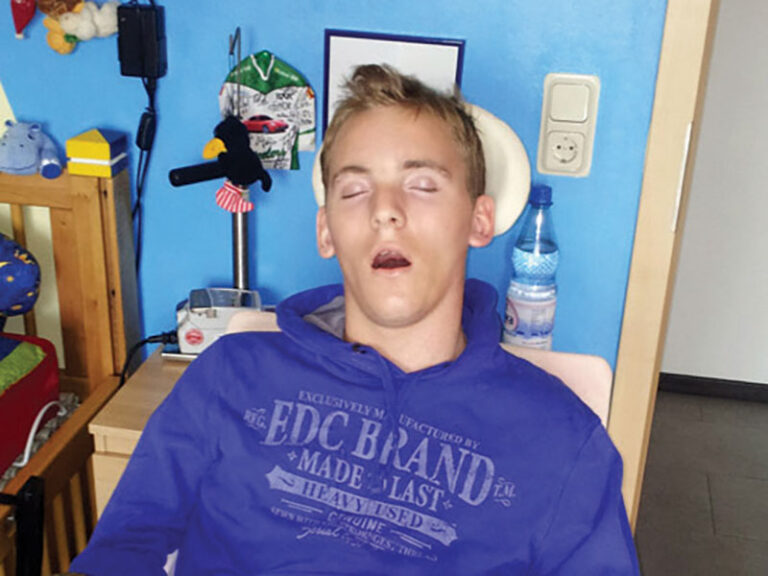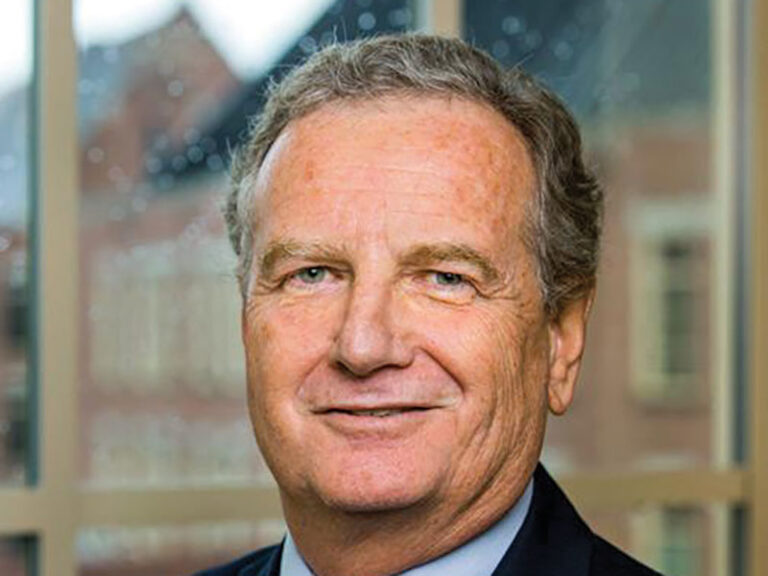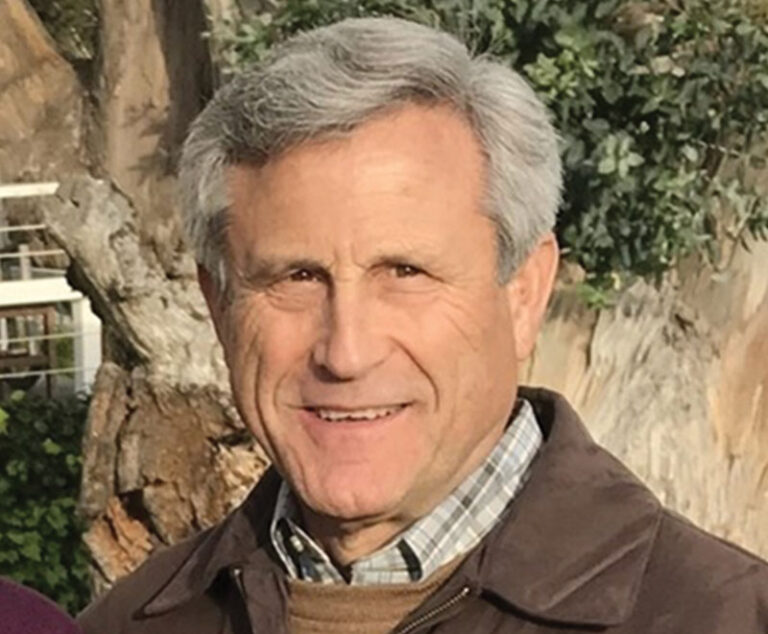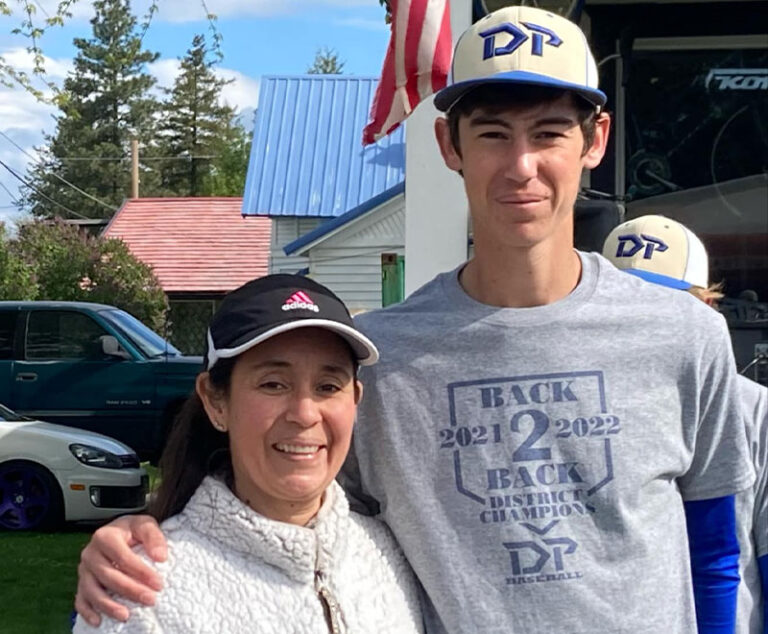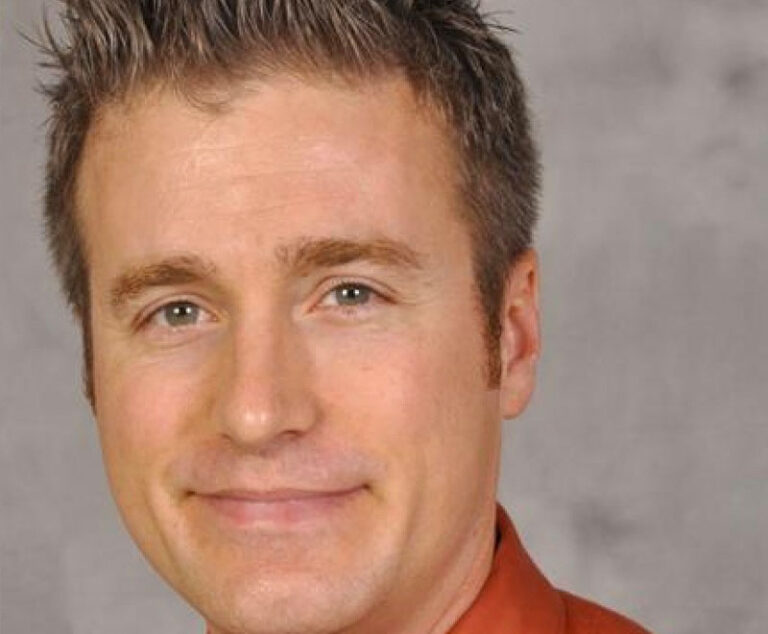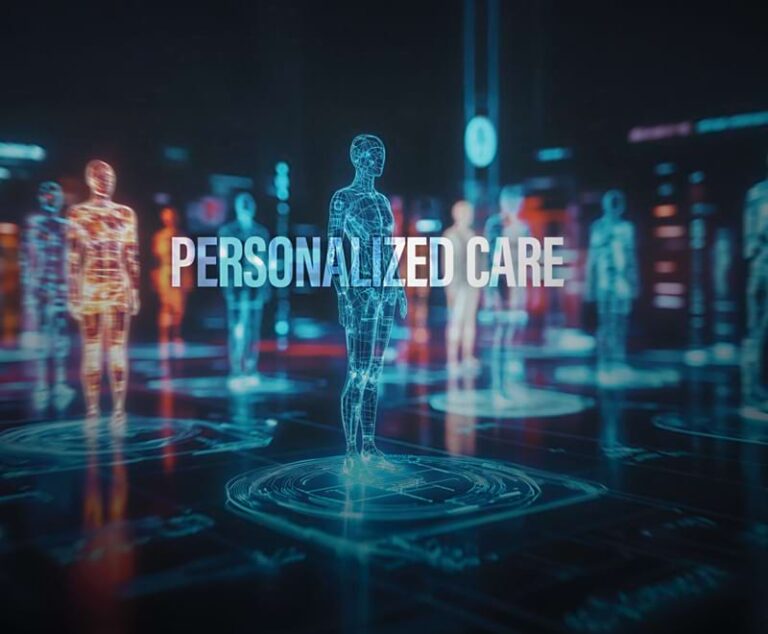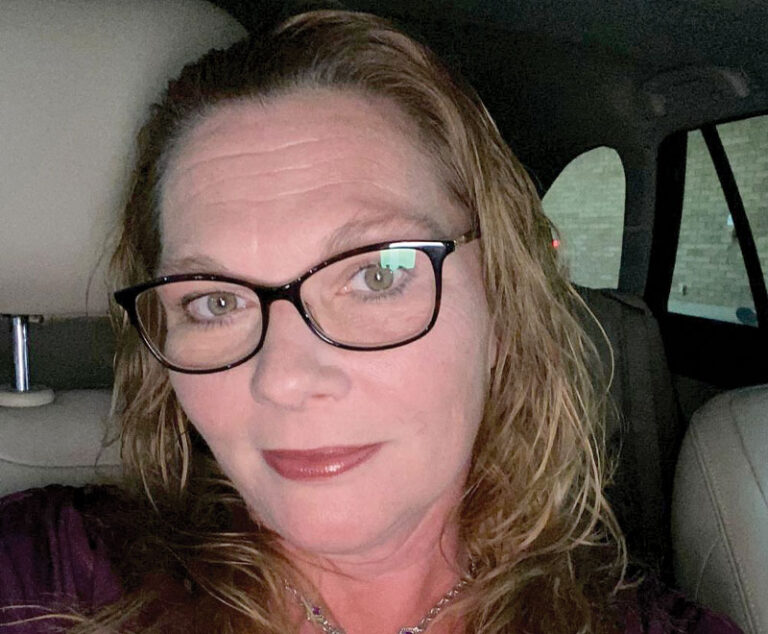Perspectives
Professionals, Providers & Patients
WHEN THEIR youngest son Max became ill with measles in 1995, Rüdiger Schoenbohm and his wife, Anke, were naturally concerned. Max was only 6 months old and still too young to have been vaccinated.
GEORGE RUST, MD, MPH, joined the faculty of the Florida State University (FSU) College of Medicine in 2016.
DESPITE GROWING vaccine skepticism, vaccination continues to be a highly effective public health intervention, saving an estimated four to five million lives per year. With advances in research and development, an increasing number of vaccines are becoming available to prevent diseases — from coronavirus to respiratory syncytial virus, influenza, sexually transmitted diseases, diseases endemic to foreign countries and more.
Research continues to push forward, exploring new applications for vaccine technology. From preventing fungal infections to teaching the body to tolerate itself, exciting vaccine developments may soon change the way doctors treat, and even cure, serious disease.
From AI to automation, these tech tools are changing the face of the pharmaceutical industry.
Chief Medical Officer Ross Hoffman, MD, discusses the changing healthcare landscape and offers insight how to best approach its challenges and opportunities.
Quality care revolves around trust. Patients entrust sensitive health information to providers, and providers rely on patient honesty to guide clinical decisions.
As the chief of the Infant Botulism Treatment and Prevention Program for the California Department of Public Health, Steve Arnon, MD, MPH, dedicated 45 years of his career to diagnosing, researching and treating infant botulism. He is credited with saving thousands of lives in California and around the world.
Susan Dabalos Anderson tells the story of her now-grown son receiving BabyBIG as an infant to treat baby botulism.
Kristopher Paolino, MD, is an assistant professor of medicine and assistant professor of microbiology and immunology at Upstate University Hospital in Syracuse, N.Y. He previously worked for the Walter Reed Army Medical Center and the Walter Reed Army Institute of Research in Washington, D.C. His research interests include vaccine development, Lyme disease, neglected tropical diseases and malaria.
Healthcare delivery continues to evolve as demand for care quality grows, but the challenges of caring for loved ones who live long distances away are not as formidable due to an expanding number of tools, services and resources.
